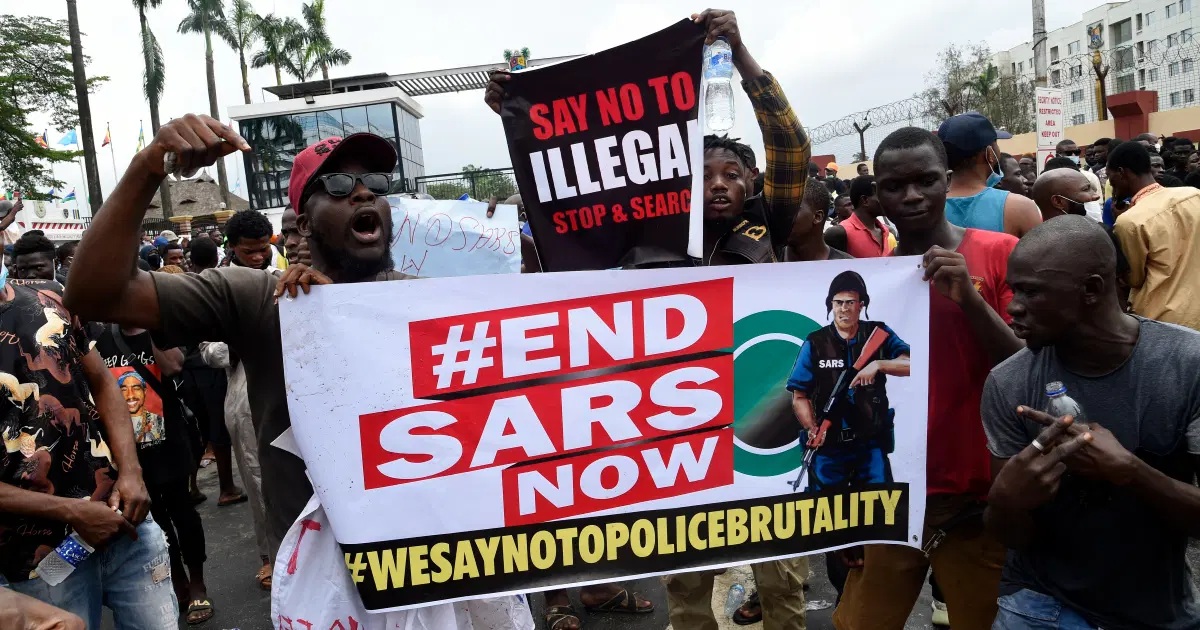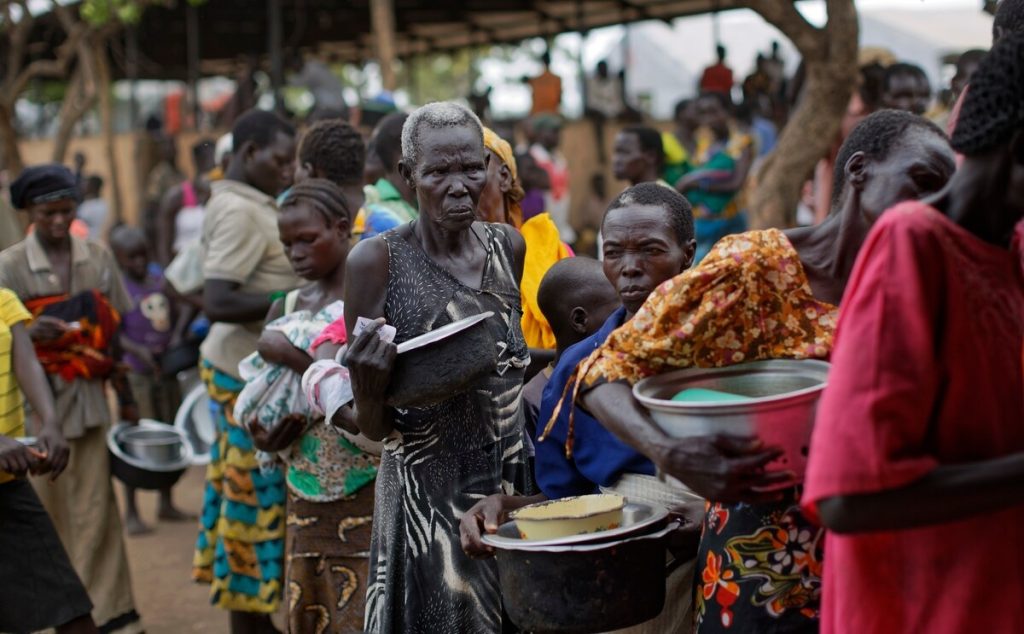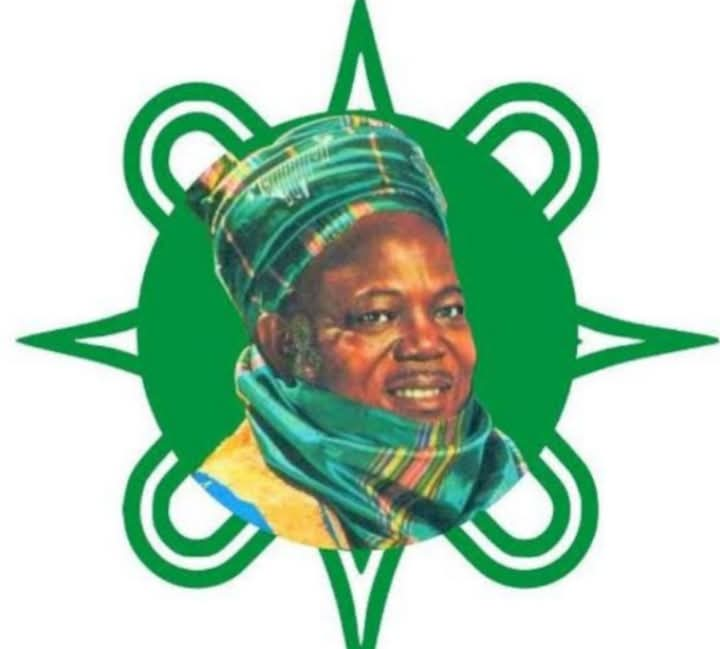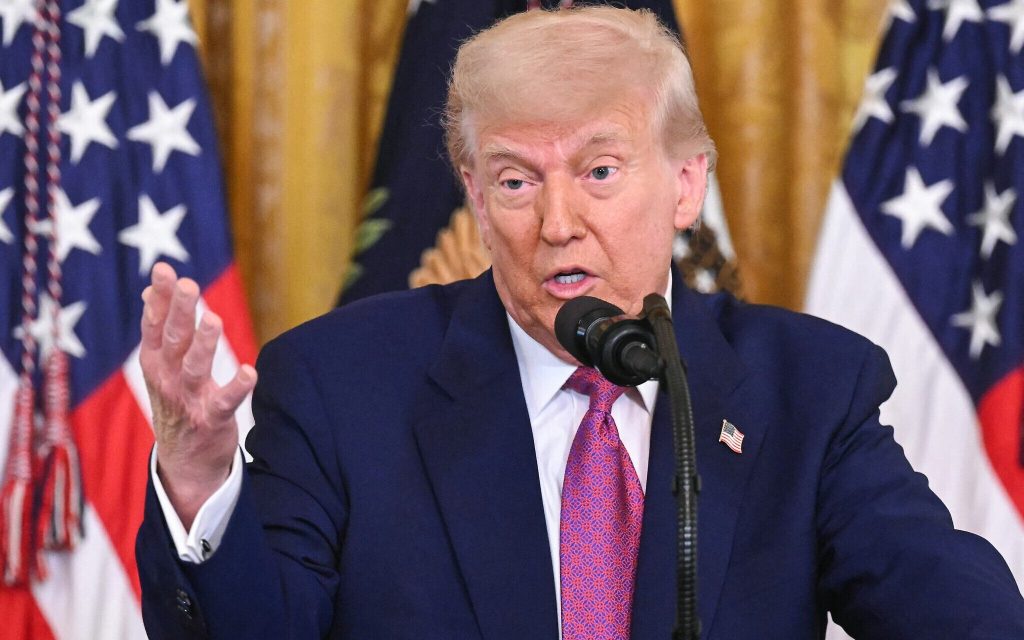Featured
BREAKING: EndSARS Gains Victory as Court Slams Police Over #EndSARS Crackdown

The #EndSARS protests, which originated as a youth-led movement against police brutality in Nigeria, have had a profound and lasting impact on the country’s social, political, and legal landscape.
The Federal High Court ruling in Lagos on July 24, 2025 ordered the Inspector-General of Police and the Lagos State Commissioner of Police to pay N10 million in damages.
This is for violating the fundamental rights of peaceful protesters on October 20, 2024.
The ruling highlights the ongoing significance of the protests and the state’s responsibilities in safeguarding constitutional freedoms.
Background of the #EndSARS Movement and the October 20, 2024 Memorial Protest
The #EndSARS movement began as a widespread social crusade demanding the disbandment of the Special Anti-Robbery Squad (SARS).
SARS, a notorious police unit accused of systematic abuses including extrajudicial killings, torture, harassment, and extortion targeting Nigerian youths.
Rooted in long-standing frustrations with police misconduct and impunity, the movement gained momentum following a viral Twitter campaign that culminated in large-scale protests across Nigeria in October 2020.
Despite the Nigerian government’s announcement of SARS’s disbandment in late 2020, public distrust in law enforcement persisted due to repeated instances of police violence and inadequate reforms.
The protests not only called for the end of SARS but also advocated for broader governance reforms, respect for human rights, and accountability.
The fourth anniversary of the #EndSARS protests on October 20, 2024, was marked by various memorial activities.
These included peaceful processions, prayers, and wreath-laying ceremonies, particularly at the Lekki Toll Gate in Lagos, the symbolic site of the tragic 2020 shootings where Nigerian Army personnel fired on unarmed protesters.
These memorial protests were designed to honor the victims of police brutality and to renew calls for justice and systemic reforms.
However, despite their peaceful nature, the commemorative protests were met with resistance by Nigerian police authorities.
The Lagos State Police Commissioner declared the protests illegal due to a lack of formal approval and deployed officers to prevent gatherings.
This led to the harassment and violation of the rights of demonstrators, many of whom asserted their constitutional right to peaceful assembly.
Legal and Constitutional Implications
The Federal High Court’s judgement, delivered by Judge M. Kakaki, underscores the fundamental principle.
This principle is that while police have the constitutional authority to enforce laws, such power must be exercised within the bounds of democratic norms and human rights protections.
The court recognized that the applicants, consisting of individual protesters and civil society organizations such as:
- the Education Rights Campaign (ERC),
- Take It Back Movement (TIB), and,
- the Campaign for the Defence of Human Rights (CDHR)
were unlawfully harassed despite exercising a constitutionally guaranteed right under Section 40 of the 1999 Nigerian Constitution, which guarantees freedom of peaceful assembly and association.
This legal ruling not only affirms the rights of Nigerians to protest peacefully but also sends a clear message to security forces about the imperative to respect civil liberties.
By awarding damages, the court acknowledged the tangible harm inflicted on peaceful protesters, setting a precedent that police actions breaching constitutional rights carry legal consequences.
Social and Political Impacts
The #EndSARS protests have had transformative effects on Nigerian society.
They brought youth activism to the forefront of national discourse, empowering young Nigerians to demand accountability and transparency from their government.
The nationwide attention and international solidarity the movement garnered pressured authorities to confront entrenched issues of police misconduct and governance failures.
Nevertheless, the protests exposed deep fissures in Nigeria’s approach to civil dissent, with frequent clashes between security forces and demonstrators.
The violent encounters during the 2020 protests, notably the Lekki Toll Gate shooting where live rounds were fired into unarmed crowds, marked a turning point.
This generated widespread condemnation and calls for systemic change both domestically and internationally.
The legacy of #EndSARS continues to challenge Nigeria’s law enforcement practices.
Despite reforms and disbandment announcements, reports of police brutality and impunity persist, driving continued civic engagement and activism.
The memorial protests and subsequent court ruling reflect ongoing societal demand for reforms that guarantee not only the dismantling of abusive police units but also the establishment of mechanisms ensuring justice for victims.
Human Rights and Governance Reforms
The movement highlighted the necessity for comprehensive reforms in Nigeria’s security architecture.
These include rigorous accountability frameworks, police retraining, and community engagement strategies to rebuild trust between law enforcement agencies and the citizenry.
It also brought attention to the broader human rights landscape, crystallizing the rights to peaceful protest and freedom of expression as pillars of democratic governance.
Civil society groups that participated in the October 20, 2024, protests symbolize the broader drive for human rights advocacy and defenders’ protection in Nigeria.
The legal success they achieved at the Federal High Court reinforces the role of judicial institutions in upholding constitutional protections, even against executive resistance or state security overreach.
Conclusion
The Federal High Court’s ruling on October 20, 2024, represents a milestone in Nigeria’s ongoing struggle to balance state authority with civil liberties.
It underscores the enduring impact of the #EndSARS protests, which mobilized Nigerians to confront police brutality and demand justice for decades of abuses.
By affirming the right to peaceful assembly and holding law enforcement accountable for violations, the judgment contributes to reinforcing democratic governance and respect for human rights in Nigeria.
The participation of individual protesters and organized groups in the memorial procession, despite threats and harassment, exemplifies the resilience of Nigerian civil society in pursuing justice and accountability.
Going forward, sustained efforts are required both legally and politically to ensure that the lessons of #EndSARS translate into lasting security sector reforms and protection of fundamental freedoms for all Nigerians.
For Diaspora Digital Media Updates click on Whatsapp, or Telegram. For eyewitness accounts/ reports/ articles, write to: citizenreports@diasporadigitalmedia.com. Follow us on X (Fomerly Twitter) or Facebook









